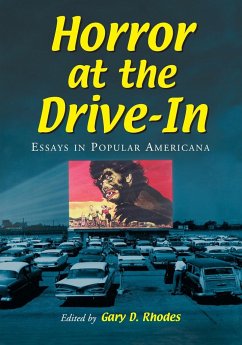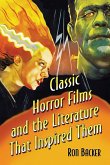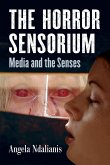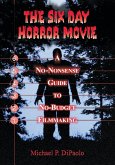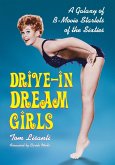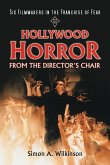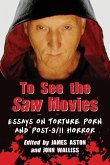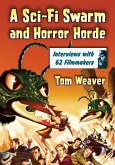Drive-in movie theaters and the horror films shown at them during the 1950s, 60s, and early 70s may be somewhat outdated, but they continue to enthrall movie buffs today. More than just fodder for the satirical cannons of Joe Bob Briggs and Mystery Science Theatre 3000, they appeal to knowledgeable fans and film scholars who understand their influence on American popular culture. This book is a collection of eighteen essays by various scholars on the classic drive-in horror film experience. Those in Section One emphasize the roles of the drive-in theater in the United States--and its cultural cousin, Australia. Section Two examines how horror operated at the drive-in, the rhetoric used in coming attraction trailers, horror film premieres at drive-ins, double features, and the preproduction, production, and marketing of Last House on the Left. Section Three addresses the effects of the Vietnam War and counter-culture on The Texas Chainsaw Massacre, and the Cold War on Cat Women of the Moon. Section Four explores gender issues and sexuality, two of the most common and most important subjects of horror film analysis. Section Five covers drive-in culture via Hush...Hush, Sweet Charlotte, 2000 Maniacs, and the films of Mario Bava. Section Six investigates a variety of issues, such as the drive-in horror film's embrace of DNA, the use of cinematic form to create a non-Hollywood look in Wizard of Gore, and the many different prints and running times of I Drink Your Blood.
Hinweis: Dieser Artikel kann nur an eine deutsche Lieferadresse ausgeliefert werden.
Hinweis: Dieser Artikel kann nur an eine deutsche Lieferadresse ausgeliefert werden.

